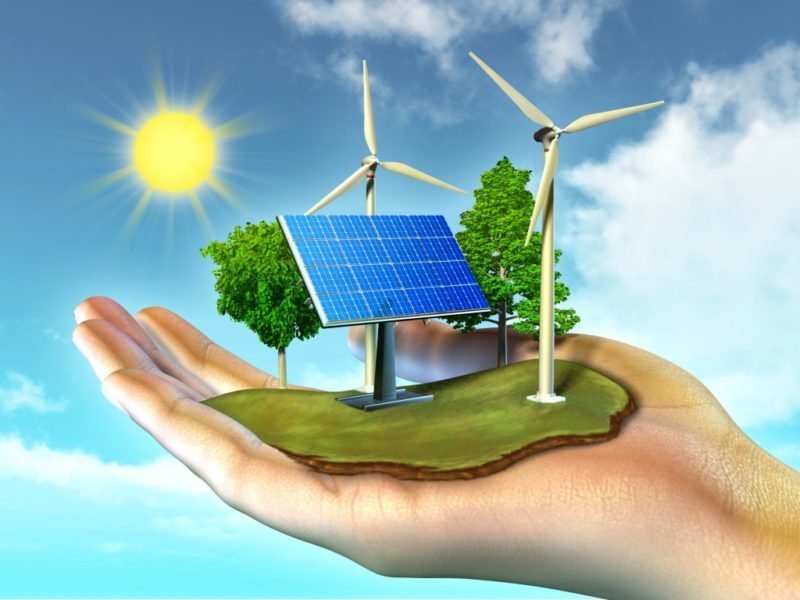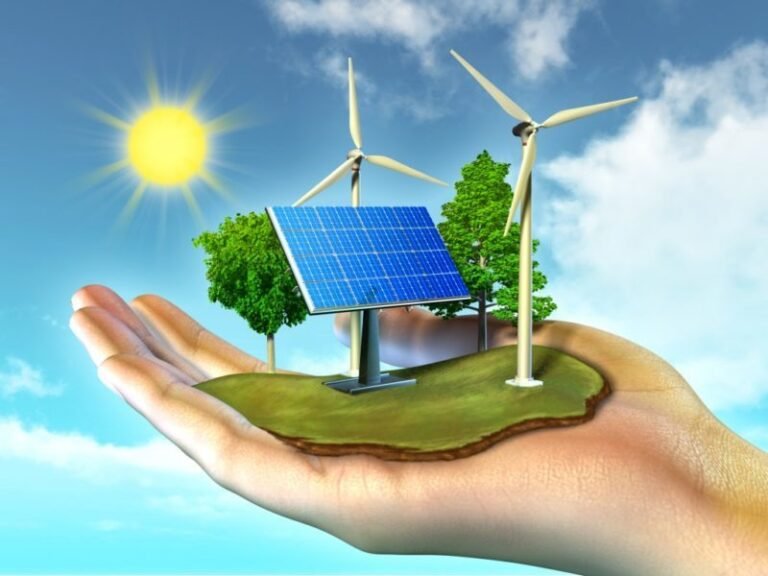
Why is Green Energy important?
Green energy is increasingly vital for numerous reasons, encompassing environmental, economic, and social aspects. Here are some key reasons why green energy is important:
1. Environmental Protection:
– Reduced Carbon Emissions: Green energy sources such as wind, solar, and hydroelectric power produce little to no greenhouse gas emissions, helping to mitigate climate change by reducing the carbon footprint.
– Air Quality Improvement: By decreasing reliance on fossil fuels, green energy reduces air pollution, leading to cleaner air and fewer health problems related to air quality, such as asthma and other respiratory conditions.
2. Sustainability:
– Renewable Resources: Green energy sources are renewable, meaning they are naturally replenished and will not run out, unlike finite fossil fuels. This ensures a continuous supply of energy for future generations.
– Resource Conservation: Utilizing renewable energy helps conserve natural resources and reduces the environmental degradation associated with fossil fuel extraction and use.
3. Economic Benefits:
– Job Creation: The green energy sector is a significant source of job creation, offering employment opportunities in manufacturing, installation, maintenance, and research and development.
– Energy Independence: Investing in green energy reduces dependence on imported fossil fuels, enhancing national energy security and stabilizing energy prices.
4. Public Health:
– Healthier Communities: Reducing air and water pollution through green energy can lead to significant health benefits, decreasing healthcare costs and improving the overall quality of life.
– Reduced Exposure to Harmful Chemicals: Green energy production typically involves fewer toxic chemicals and hazardous materials, lowering the risk of environmental contamination and health hazards.
5. Climate Change Mitigation:
– Lower Greenhouse Gas Emissions: Green energy plays a critical role in reducing the emissions of carbon dioxide and other greenhouse gases, which are the primary drivers of climate change.
– Adapting to Climate Change: By reducing the impacts of climate change, green energy helps communities adapt to changing weather patterns, sea-level rise, and other climate-related challenges.
6. Technological Innovation:
– Advancements in Energy Technology: Investment in green energy spurs innovation and technological advancements, leading to more efficient and cost-effective energy solutions.
– Grid Modernization: Incorporating green energy often involves upgrading and modernizing the energy grid, improving overall efficiency, reliability, and resilience.
7. Economic Stability:
– Diversified Energy Portfolio: A diverse energy mix that includes significant green energy contributions can protect against market volatility and price spikes associated with fossil fuels.
– Long-term Cost Savings: Although the initial investment in green energy technologies can be high, the long-term operational costs are generally lower than those for fossil fuels, leading to cost savings over time.
8. Ethical and Social Responsibility:
– Intergenerational Equity: Using green energy is a way to ensure that future generations inherit a healthier, more sustainable planet.
– Corporate Social Responsibility: Companies that invest in green energy demonstrate a commitment to sustainability and social responsibility, which can enhance their reputation and stakeholder trust.
In summary, green energy is crucial for fostering a sustainable, healthy, and economically stable future. By reducing environmental impact, promoting public health, driving economic growth, and mitigating climate change, green energy forms the foundation of a more resilient and equitable world.
If you’re considering a green energy AC in the Georgia area, contact CS Comfort Time. We provide the best green equipment and services for you.
Call 678-683-7682 and speak with Paulo Goncalves, our specialist.

